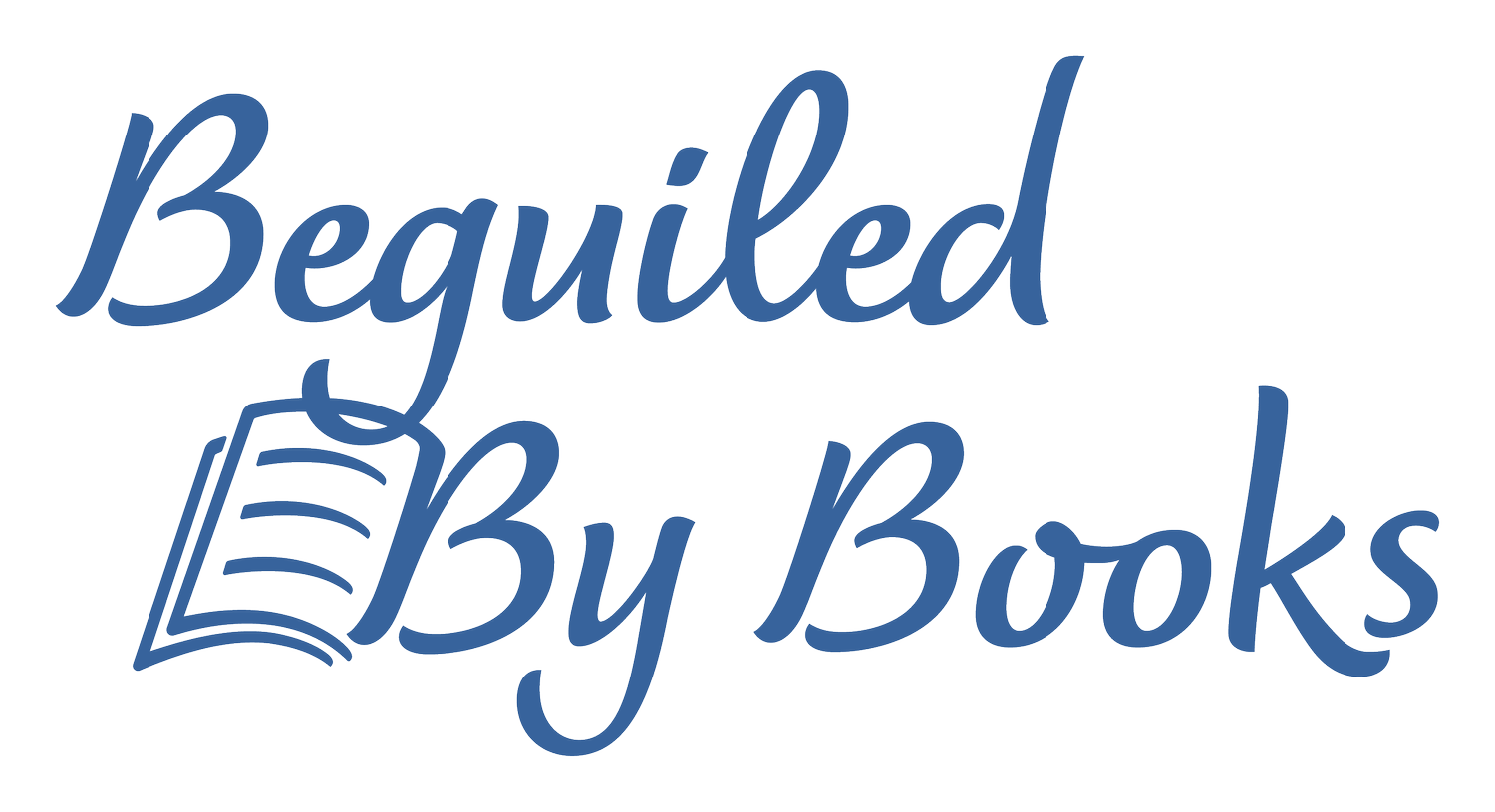Why I've Stopped Star-Rating Books
About a year ago, I wrote a post about Star Ratings in the book community.
In the last year, however, I’ve changed my tune. I’m no longer going to actively rate books with stars.
Why I Will No Longer Be Offering Star Ratings
For years, star ratings have been a staple of book reviews. A quick glance at a five-star system can seemingly tell you all you need to know about a book’s worth—whether it’s a masterpiece, mediocre, or outright terrible. But as I’ve spent more time thinking critically about books and the way we evaluate them, I’ve come to realize that star ratings do more harm than good. That’s why I’ve made the decision to move away from them entirely on my book review site.
Here’s why.
Star Ratings Lack Nuance
Books are complex, multifaceted works of art, and a single rating between one and five cannot possibly capture all of their layers. A book that is beautifully written but narratively slow—how do I rate that? What about a book that is exciting but deeply flawed in its characterization? Does a three-star rating mean it was good but not great, or does it mean it was disappointing but not bad?
Readers interpret star ratings differently. Some consider a three-star review a strong endorsement, while others see it as a reason to skip the book entirely. Without the context of a full review, the nuance behind my thoughts gets lost. By eliminating star ratings, I hope to encourage deeper discussions about what makes a book worthwhile rather than reducing it to an arbitrary score.
Star Ratings Discourage Exploration
A rigid rating system can create a self-fulfilling cycle of limiting reading choices. When we only seek out books with four or five stars, we close ourselves off to the possibility of discovering something unexpected. A three-star book might be one of the most thought-provoking reads of the year, but if readers only skim for high ratings, they may never pick it up.
Moreover, new or unconventional books often suffer under a rating system. If a book challenges established norms, explores difficult themes, or experiments with structure, it may receive polarizing reviews. A rating system tends to reward familiarity and convention, while punishing books that dare to be different.
Without star ratings, I hope to shift the focus from whether a book is universally liked to whether it is interesting, meaningful, or worth discussing.
Star Ratings Oversimplify Complex Books and Issues
Many of the books that stick with me the longest are the ones that are difficult to rate. Some books are deeply flawed but contain moments of brilliance. Others handle heavy or uncomfortable topics in a way that is important but not necessarily “enjoyable.” How do you rate a book that makes you uncomfortable in all the right ways?
Consider books that tackle issues like systemic injustice, trauma, or grief. These books may not be "fun" reads, but they might be necessary ones. A lower rating can unfairly imply that a book is bad rather than challenging. Star ratings often fail to account for the value of discomfort, emotional complexity, or intellectual engagement.
Instead of assigning a number, I want to focus on whether a book accomplishes what it sets out to do and how it impacts me as a reader.
Star Ratings Can Discourage Readers from Trying New Things
One of the best parts of reading is the ability to step outside our comfort zones. A rating system, however, often reinforces our biases. If I typically read literary fiction and see a science fiction novel with a three-star rating, I might hesitate to pick it up—even if that rating was given by someone whose preferences differ from mine.
Books should be judged based on whether they are successful within their own genre and goals, not whether they meet the expectations of an outside reader. By moving away from ratings, I want to encourage readers to engage with reviews fully, rather than letting a number dictate their choices.
What I’ll Be Doing Instead
Going forward, my reviews will focus on thoughtful discussion rather than a numerical verdict. Instead of a star rating, I’ll provide:
A summary of the book’s strengths and weaknesses – What does the book do well? Where does it fall short?
An exploration of themes and impact – What messages or emotions does the book convey? How does it fit into a broader literary or cultural conversation?
Recommendations for who might enjoy it – Rather than a universal rating, I’ll help readers determine if the book is right for them.
Personal reflections – My own thoughts on how the book resonated with me, without distilling it into a simple number.
I hope this approach will foster a more meaningful engagement with books, allowing readers to make informed choices based on their own interests rather than relying on an oversimplified rating system.
The Bottom Line
I understand the appeal of star ratings. They’re convenient, they offer a quick assessment, and they can help organize thoughts in a structured way. But they also limit our ability to appreciate books in all their complexity. By removing them, I hope to encourage deeper discussion, greater exploration, and a richer literary experience for myself and my readers.
Reading isn’t about ranking—it’s about discovering, learning, and engaging. And that’s something no star rating can truly capture.
